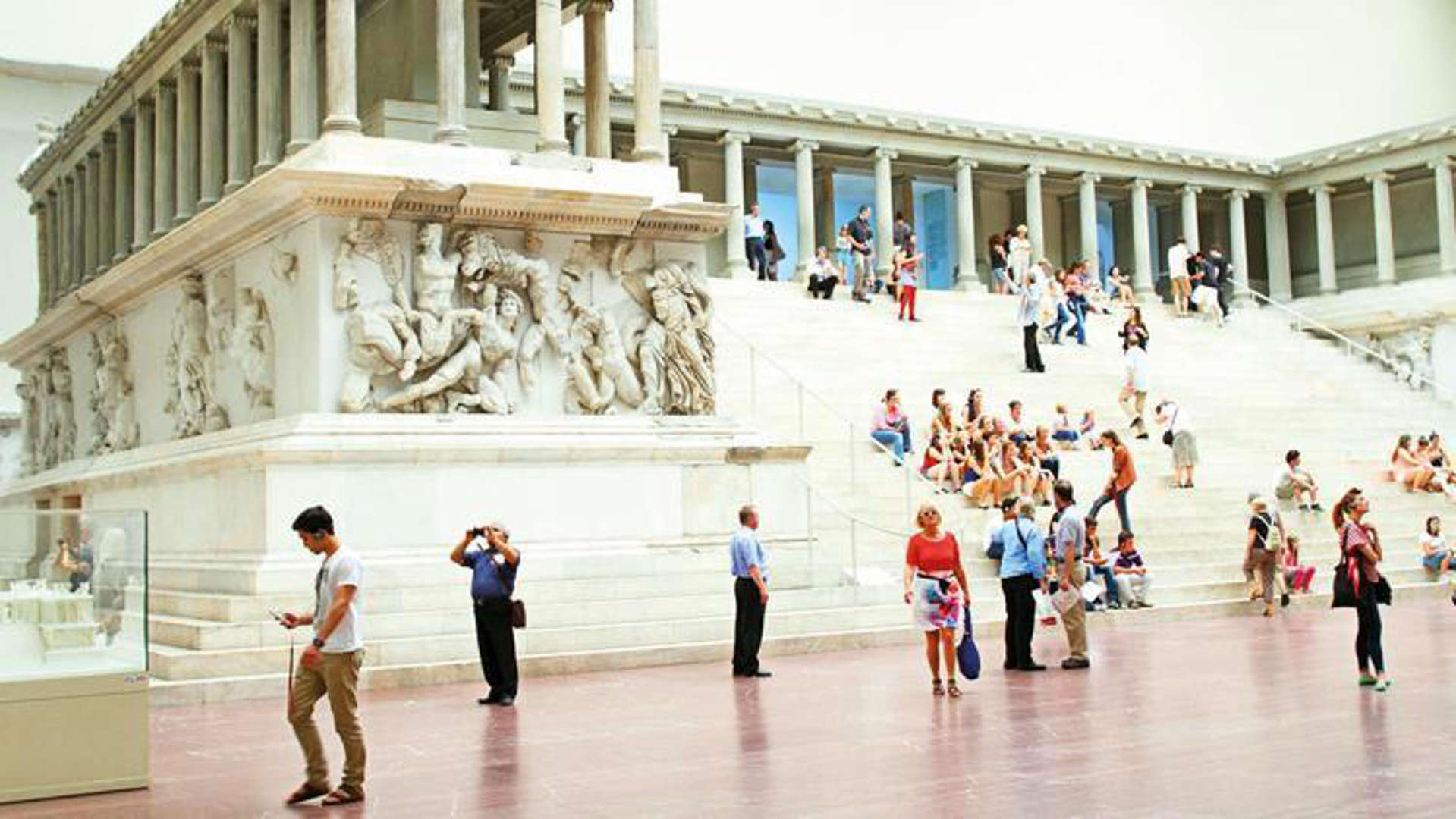
Call from the Ministry of Culture to the Pergamon Museum: “The Temple of Zeus must return to its homeland”
The Pergamon Museum in Germany, which houses one of the most visited artifacts, the Temple of Zeus, taken from Türkiye, is closing its doors to visitors for a comprehensive four-year restoration
The Ministry of Culture has once again called for the Temple of Zeus to “return to its homeland.”
The Pergamon (Bergama) Museum in the capital of Germany, Berlin, will be closed for renovations until 2037. As part of the renovation efforts, after the A-wing was closed in 2012, this time the B-wing of the museum will also be closed to visitors. This means that the museum will be completely closed for approximately 4 years until the A-wing, which is planned to be completed in 2027, is reopened. The museum houses artifacts including the Bergama Zeus Altar taken from Türkiye as well as the Ishtar Gate from Babylon and numerous examples of Islamic art. Prior to the closure on October 23rd, the museum is experiencing a surge in visitors.
It was reported that the museum, opened in 1930, began to sink due to its location on a porous foundation, wear and tear, and the weight of the art collection. Officials have stated that the building is in really bad condition, with water leaks in the building when it rains, and that reinforcement work needs to be done urgently. In addition to the extended duration of the foundation reinforcement work, it will also have a high cost, estimated at 1.5 billion euros.
📣 Our WhatsApp channel is now LIVE! Stay up-to-date with the latest news and updates, just click here to follow us on WhatsApp and never miss a thing!!
Another ongoing issue related to the museum is the ownership of the artifacts. Various countries, especially Türkiye, argue that the ownership status of the pieces in the museum’s collection is disputed and want the artifacts to return to their homelands. Zeynep Boz, from the Turkish Ministry of Culture, stated in an interview with the German newspaper Tagesspiegel last month that Germany’s claims of ownership of the Zeus Temple should be legally questioned, emphasizing that the altar needs to “return to the daylight of Bergama.”
The Zeus Temple was taken to Germany after it was found in the Bergama region of Izmir during illegal excavations led by German engineer and archaeologist Carl Humann in the 1870s.
Source Hurriyet
You may also like
- A 1700-year-old statue of Pan unearthed during the excavations at Polyeuktos in İstanbul
- The granary was found in the ancient city of Sebaste, founded by the first Roman emperor Augustus
- Donalar Kale Kapı Rock Tomb or Donalar Rock Tomb
- Theater emerges as works continue in ancient city of Perinthos
- Urartian King Argishti’s bronze shield revealed the name of an unknown country
- The religious center of Lycia, the ancient city of Letoon
- Who were the Luwians?
- A new study brings a fresh perspective on the Anatolian origin of the Indo-European languages
- Perhaps the oldest thermal treatment center in the world, which has been in continuous use for 2000 years -Basilica Therma Roman Bath or King’s Daughter-
- The largest synagogue of the ancient world, located in the ancient city of Sardis, is being restored

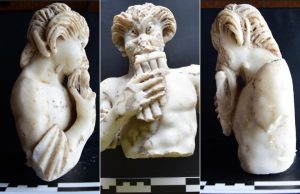
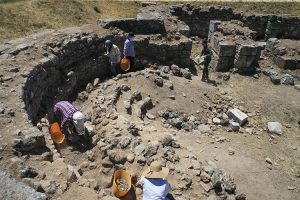
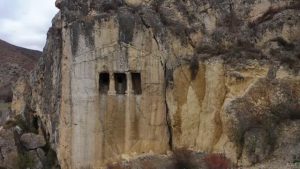
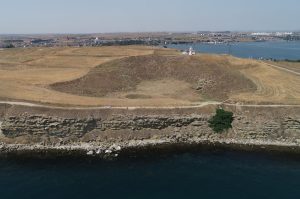
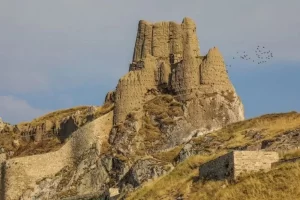
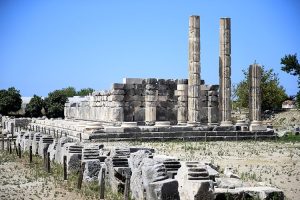
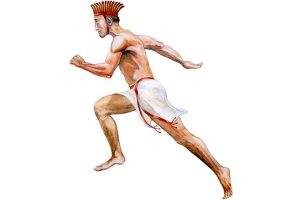

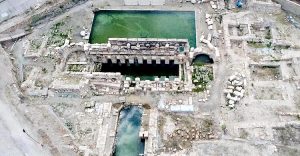
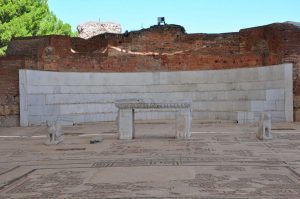
Leave a Reply